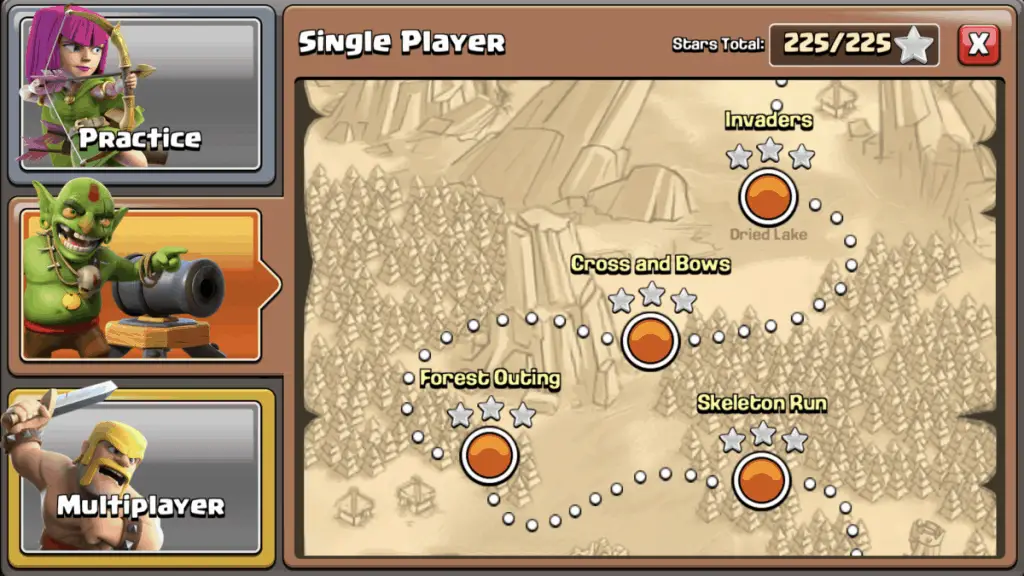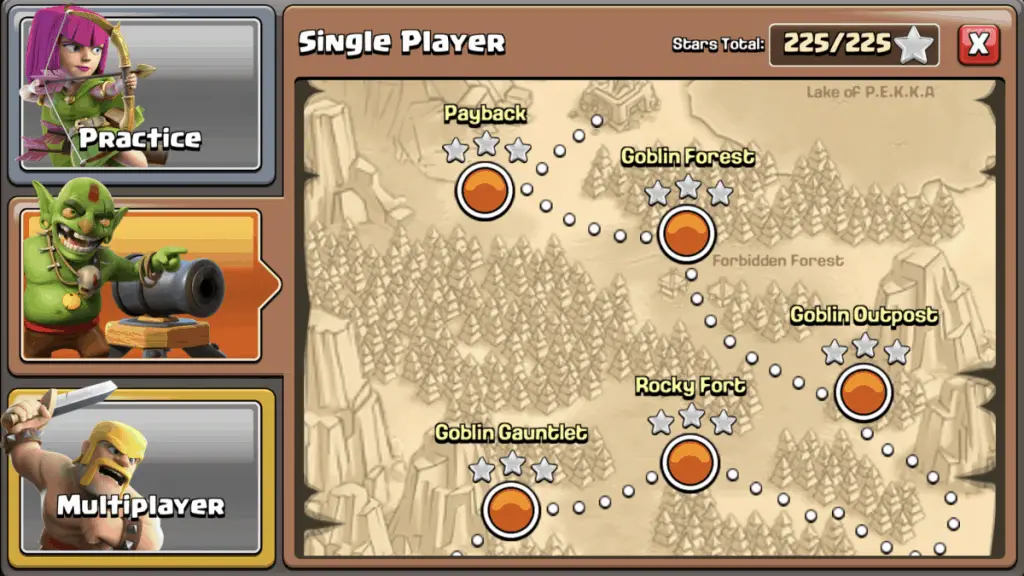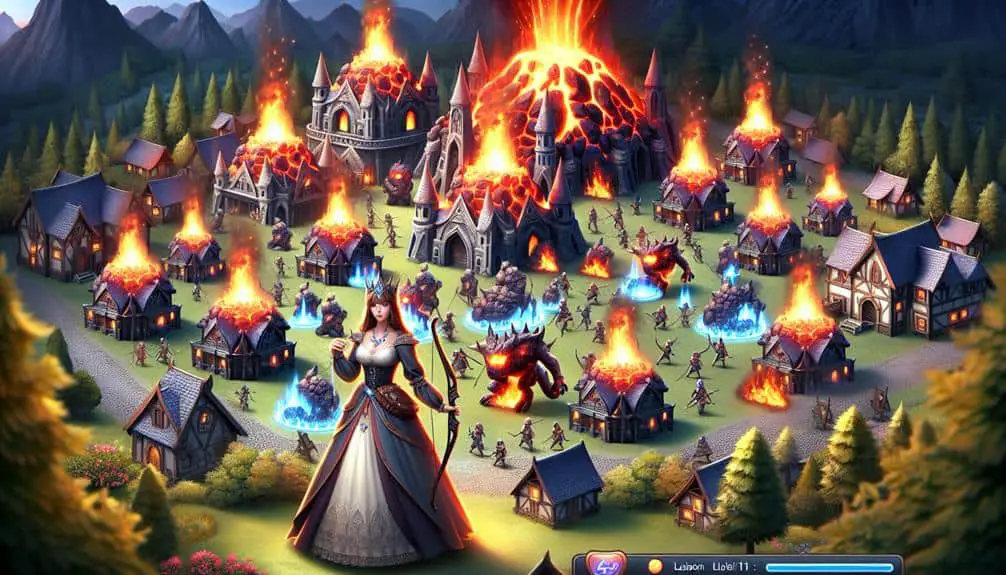Choosing diplomacy in resolving clan war disputes is essential for preserving unity, avoiding escalation, and ensuring lasting prosperity. Diplomatic approaches help maintain peace, build trust, and create a culture of dialogue. By utilizing negotiation strategies and fostering alliances, you can address conflicts constructively. These methods not only prevent immediate discord but also lay the groundwork for sustained harmony. Embracing diplomacy leads to multifaceted benefits that go beyond surface resolutions. Each step taken diplomatically sets the stage for a more cohesive and successful outcome in clan disputes.
Key Points
- Promotes peaceful resolution over conflict escalation.
- Strengthens clan relationships and unity.
- Enhances reputation and respect in the gaming community.
- Prevents the escalation of disputes.
- Sets a positive precedent for future interactions.
Importance of Diplomacy in Clan Wars
In clan wars, the importance of diplomacy can't be overstated as it serves as the key to resolving disputes and maintaining alliances effectively. Promoting unity within a clan is essential for success in warfare, and diplomacy plays a pivotal role in achieving this goal. By fostering cooperation among clan members, diplomatic efforts can bring together individuals with diverse perspectives and interests, aligning them towards a common purpose.
Effective diplomacy in clan wars involves skillful negotiation, active listening, and strategic communication. Diplomats must navigate complex interpersonal dynamics, mediate conflicts, and build consensus among clan members. By promoting a culture of open dialogue and mutual respect, diplomacy creates a conducive environment for collaboration and conflict resolution.
Furthermore, diplomacy enhances the clan's reputation within the gaming community, showcasing its ability to handle disputes maturely and constructively. This, in turn, can attract skilled players and potential allies, strengthening the clan's position in the competitive landscape. To conclude, diplomacy isn't merely a tool for resolving conflicts; it's a cornerstone for building strong, resilient clans capable of facing any challenge that comes their way.
Benefits of Resolving Disputes Amicably
Resolving disputes amicably fosters a harmonious atmosphere conducive to long-term clan success and growth. By choosing diplomacy over conflict, clans can experience a myriad of benefits that contribute to improved relationships and conflict prevention. When disputes are handled amicably, it not only resolves the immediate issue at hand but also sets a positive tone for future interactions. This approach promotes a culture of understanding, respect, and cooperation within the clan, which are crucial elements for sustained harmony and unity.
Amicable conflict resolution paves the way for improved relationships among clan members. By engaging in open and respectful dialogue, individuals involved in the dispute can gain a better understanding of each other's perspectives and motivations. This deeper understanding often leads to stronger bonds and increased trust among clan members. Resolving disputes amicably can act as a preventative measure against future conflicts. By addressing issues proactively and constructively, clans can nip potential sources of discord in the bud, fostering a more stable and cohesive community.
Strategies for Diplomatic Conflict Resolution
Implementing effective strategies in diplomatic conflict resolution is key to maintaining a harmonious clan environment and fostering positive relationships among members. When faced with clan war disputes, utilizing negotiation tactics is essential. By engaging in open dialogue, active listening, and seeking common ground, you can create a conducive atmosphere for conflict de-escalation. Employing principled negotiation, where both parties focus on interests rather than positions, can lead to mutually beneficial outcomes. Additionally, practicing empathy and understanding the perspectives of all involved parties can help in finding resolutions that satisfy everyone to some extent.
Strategic communication plays an important role in diplomatic conflict resolution. Clearly articulating your points while being receptive to the viewpoints of others can facilitate constructive discussions. It's important to remain calm, composed, and respectful during negotiations, even in the face of disagreements. By staying focused on the main issues at hand and avoiding personal attacks, you can work towards peaceful solutions and maintain clan unity.
Building Alliances for Peaceful Solutions
To navigate clan war disputes effectively, fostering alliances plays a pivotal role in achieving peaceful solutions. Alliance building is a strategic approach that can greatly impact conflict resolution by leveraging relationships and support systems. Here are key points to keep in mind:
- Strength in Numbers: Building alliances with other clans or neutral parties can amplify your influence and provide a united front when working towards peaceful resolutions. Collaborating with like-minded groups increases the collective bargaining power, fostering a sense of solidarity and shared objectives.
- Mediation and Facilitation: Allies can serve as mediators or facilitators in negotiations, bringing a neutral perspective to the table. A trusted ally can help bridge communication gaps, clarify misunderstandings, and guide the conflicting parties towards finding common ground and mutually beneficial agreements.
- Resource Sharing: Forming alliances allows for the sharing of resources, whether it be information, expertise, or even physical support. By pooling together resources, clans can strengthen their positions and create a more sustainable foundation for long-term conflict resolution efforts.
Long-Term Impacts of Diplomatic Approaches
Considering the evolving dynamics of clan conflicts, the pivotal approaches adopted today can have far-reaching effects on future interactions and resolutions. Conflict resolution through diplomacy lays the foundation for sustainable peace within and between clans. By engaging in diplomatic dialogues and negotiations, clans can address root causes of conflict, build trust, and establish mechanisms for resolving disputes peacefully. These initiatives not only aim to end immediate hostilities but also contribute to fostering long-term stability and cooperation among clans.
Diplomatic approaches play a vital role in shaping the perceptions and attitudes of clan members towards each other. Successful conflict resolution through diplomacy can set a precedent for peaceful interactions, promoting a culture of dialogue and compromise over violence and aggression. Additionally, sustainable peace achieved through diplomatic means can lead to increased economic opportunities, social development, and overall well-being for clan members. Investing in diplomatic efforts today can pave the way for a more harmonious future, where conflicts are managed through dialogue and cooperation rather than confrontation and hostility.
Frequently Asked Questions
How Can Cultural Differences Impact the Effectiveness of Diplomatic Conflict Resolution in Clan Wars?
When managing diplomatic conflict resolution in clan wars, cultural differences can greatly impact effectiveness. These disparities may create communication barriers, impeding progress. Understanding and addressing these cultural nuances is essential for successful mediation.
What Role Do Third-Party Mediators Play in Facilitating Peaceful Resolutions in Clan War Disputes?
Third-party mediators play an essential role in facilitating peaceful resolutions in clan war disputes. They employ conflict resolution strategies to bridge gaps and foster understanding between warring factions, paving the way for diplomacy to prevail.
How Can Historical Grievances and Past Conflicts Influence the Success of Diplomatic Approaches in Resolving Current Disputes Within Clans?
In understanding historical reconciliation's impact on current disputes, it's essential to navigate the intricate web of interpersonal dynamics. Conflict resolution hinges on trust building. The weight of past grievances can either crush or elevate diplomatic efforts.
What Are Some Common Challenges Faced When Trying to Implement Diplomatic Strategies in Clan Wars, and How Can They Be Overcome?
When implementing diplomatic strategies in clan wars, challenges like lack of trust and communication barriers often arise. Overcoming these hurdles requires patience, active listening, and demonstrating genuine intentions to build trust gradually for successful conflict resolution.
In What Ways Can Technology and Social Media Be Utilized to Support Diplomatic Efforts in Resolving Clan War Disputes?
Utilizing technology and social media facilitates communication between conflicting clans, promoting cross-cultural understanding. These platforms offer real-time interactions, information sharing, and the ability to reach a wider audience, enhancing diplomatic efforts in resolving disputes.



